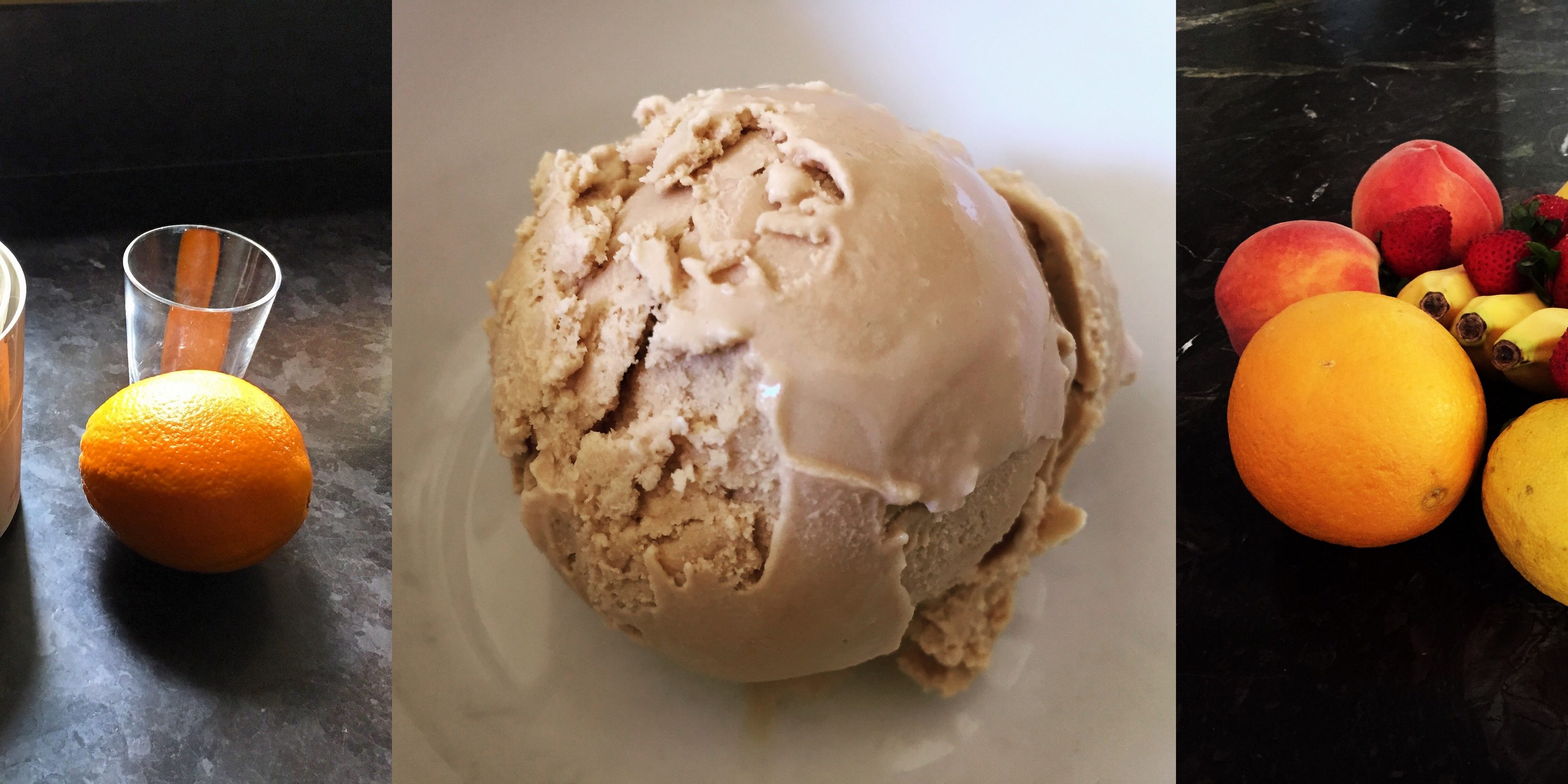
Endurance athletics is a popular sport and important pastime. But endurance training can be hard on your body without good nutrition, sleep, and monitoring.1-2 Do you enjoy long, moderately-paced activities like long-distance racing, marathon running, or cross-country skiing? Follow these nine tips for safe and effective endurance training, designed specifically for endurance athletes.
Nine Tips for Endurance Training
- Eat a lot! Endurance athletes are at risk for undernourishment and degenerative effects due to over-exercise. Avoid such risks by taking in just as many calories as you expend.3,4
- Drink a natural orange juice sports drink and eat a healthy homemade energy bar around the time of exercise. Sucrose from fruit is much better for reducing stress than starchy bars or glucose gel packs.5,6
- Eat ice cream before bed. Proper nourishment during sleep is key to helping your body recover before the next day’s activities.
- Measure your basal body temperature when you wake up in the morning. A drop in temperature is a good indicator of an unhealthy drop in basal metabolic rate.7 Look for a temperature between 97.8–98.2°F.
- Pay attention to your aches and pains. Inflammation occurs when tissue has not been able to restore and rebuild properly. Excessive soreness is a sign of over-exercise.
- Pay attention to your ability to sleep. The inability to fall or stay asleep is a sign of high stress hormones, which lead to metabolic dysfunction.
- Program your activity. Intelligent control of physical activity allows for improved development of the system and efficient progress—without degenerative side effects.
- Measure your progress! Hitting a plateau in athletic performance can be a sign that your system is not recovering properly. But you may not be aware of a plateau if you are not measuring your progress.
- Consider other areas of challenge in your life. The stressors and challenges you face in life are cumulative. You cannot expect your body to restore and rebuild between endurance training activities if you are dealing with other challenges. Emotional, mental, nutritional, and toxic challenges are all important considerations. It’s important to maintain a regular, substantial diet and avoid overexertion. For example, if you’re up against a stressful deadline at work, allow extra time for rest and remember to eat a lot of fruit and whole foods.
Key Take-Aways
- Eat a lot of fruit!
- Be aware of how you sleep and feel.
- Program and measure your activity intelligently.
Check out my previous posts for more detailed exercise nutrition tips and advice on the best time of day to exercise. Interested in getting more in-depth info on best practices in health and fitness? Sign up for my newsletter!
References
- Fehrenbach E, Northoff H. Free radicals, exercise, apoptosis, and heat shock proteins. Exerc Immunol Rev 7 (2001): 66-89. http://www.ncbi.nlm.nih.gov/pubmed/11579749
- Guasch E, Benito B, Qi X, et al. Atrial fibrillation promotion by endurance exercise: demonstration and mechanistic exploration in an animal model. J Am Coll Cardiol 62, No. 1 (Jul 2013): 68-77. http://www.ncbi.nlm.nih.gov/m/pubmed/23583240/
- Costa RJ, Jones GE, Lamb KL, et al. The effects of a high carbohydrate diet on cortisol and salivary immunoglobulin A (s-IgA) during a period of increase exercise workload amongst Olympic and Ironman triathletes. Int J Sports Med 26, No. 10 (Dec 2005): 880-885. http://www.ncbi.nlm.nih.gov/pubmed/16320174
- Westerterp KR. Limits to sustainable human metabolic rate. The Journal of Experimental Biology 204 (2001): 3183-3187. http://jeb.biologists.org/content/204/18/3183.full.pdf
- Adopo E, Peronnet F, Massicotte D, et al. Respective oxidation of exogenous glucose and fructose given in the same drink during exercise. J Appl Physiol 76, No. 3 (Mar 1994): 1014-1019. http://m.jap.physiology.org/content/76/3/1014.short
- Valeri F, Boess F, Wolf A, et al. Fructose and tagatose protect against oxidative cell injury by iron chelation. Free Radic Biol Med 22, No. 1-2 (1997): 257-268. http://www.ncbi.nlm.nih.gov/pubmed/8958152
- Thompson J, Manore MM, Skinner JS. Resting metabolic rate and thermic effect of a meal in low- and adequate-energy intake male endurance athletes. International Journal of Sport Nutrition 3 (1993): 194-206. http://journals.humankinetics.com/AcuCustom/Sitename/Documents/DocumentItem/8723.pdf








1 Comment